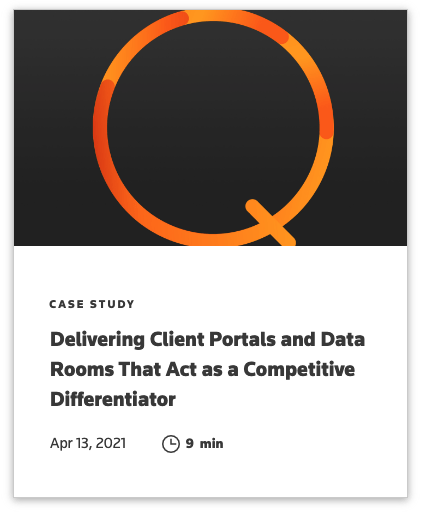Have you ever wondered if you provide the right amount of transparency to your clients? Maybe you’ve asked yourself,
“How often am I providing updates to my clients?” or, “Do my clients have a way to find information they need on their own?”
If so, now might be the perfect time to improve transparency with your clients.
Transparency is really the bedrock of a positive client experience. That’s because clients rightly expect to be able to trust the people they’re working with. Being transparent is not only essential to building relationships – it also helps strengthen them. For example, do you provide clients with clear insight into the status of their matters, task allocation, and financials?
What about creating visual representations or reports that outline timelines for task completion and other key dates?
Take the relationship deeper through transparent collaboration
In addition, open dialog between both parties will help create a relationship that encourages collaboration, rather than simply one-way information sharing.
Of course, quite often sharing information represents the majority of client interactions – but it’s one-dimensional, and neither sufficient nor always beneficial in terms of building a trusted relationship.
Clients need to feel comfortable communicating openly; to share their concerns, ask questions, or even explore changing the approach to their matter. These are just a few examples – but overall, creating an environment of transparency where both parties feel comfortable makes it easier for lawyers and clients alike to work together more effectively – leading to better outcomes for everyone involved.
 |
 |








